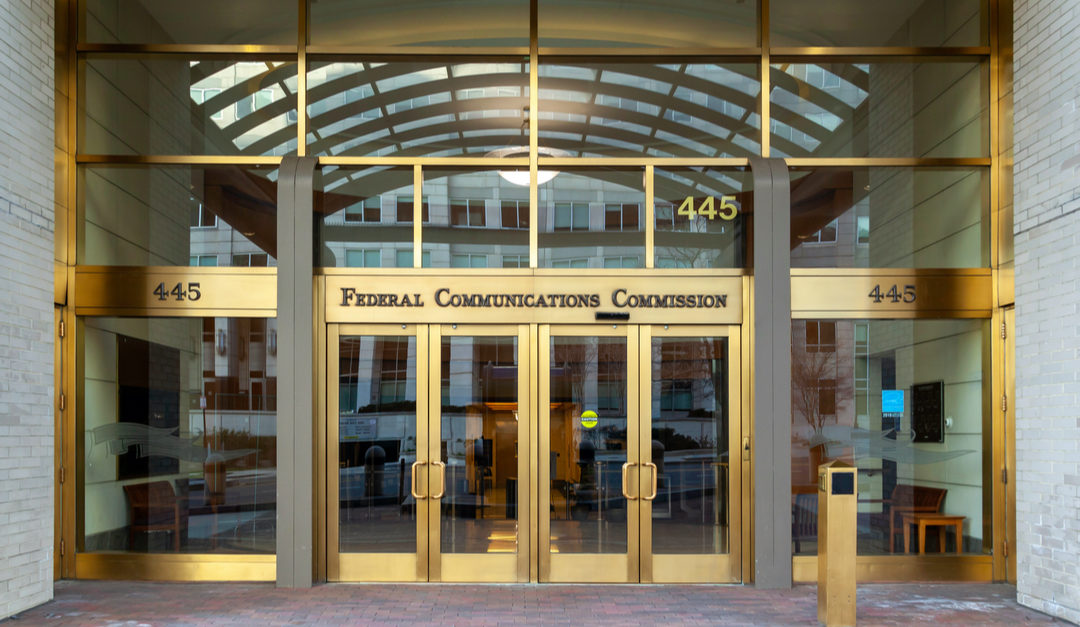China has garnered much attention given its position as a major economic competitor to the United States, and specifically as a competitor in telecommunications, technology and innovation. The national security implications for the use of Chinese technology have also caught the attention of policy-makers, for over a decade.
In 2012 the House of Representatives Intelligence Committee released the “Investigative Report on the U.S. National Security Issues Posed by Chinese Telecommunications Companies Huawei and ZTE.” The public portion of the report found that “the risks associated with Huawei’s and ZTE’s provision of equipment to U.S. critical infrastructure could undermine core U.S. national-security interests.”
Eventually, in 2021, the Federal Communications Commission (FCC) finalized a program to pay telecom providers to tear out and replace equipment from Chinese telecom companies considered a national security risk by the U.S. government. Additionally, the Biden administration has on a couple occasions added specific Chinese technology companies to its “Entity List,” restricting U.S. firms from dealing with the companies listed.
But, China’s digital aspirations are far from ended.
As part of its intention to create a China-centered digital future, the country continues its “Digital Silk Road” initiative to emplace next generation digital connectivity abroad and by doing so to extend its technological influence, pushing itself closer to becoming a technological superpower. The ambition is even greater though, wrapping global financial markets into this plan.
In the midst of this global development Congress seems willing to allow the U.S.’s current innovation edge and global connected world leadership falter. Congress allowed the FCC’s auction authority to lapse, authority it has had since 1993. A critical piece for the continued U.S. edge is 5G, the next generation of global advanced wireless telecommunications, and without more spectrum 5G will stand still. Much is on the line as Congress allows our spectrum pipeline to dwindle.
Contrast the Congressional auction authority approval balk with China, which has greatly padded its lead on the United States by opening huge swaths of its spectrum for licensed mobile use. The obvious Chinese intent is to move ahead not just in 5G, but also in creating an environment for the development of the types of cutting-edge technologies that depend on such high-performance connectivity.
The Congressionally imposed U.S. spectrum shortage will hinder technological innovation and clear the path for China to assert global leadership in the connected future, threatening the economic and national security of the United States. If the United States is not competitive in needed advanced technologies, other countries will have no alternative to the Digital Silk Road. Thereby Beijing will gain the upper hand when it comes to setting standards for 5G networking, the internet, and perhaps even digital governance and ethics.
The economic effect on the country of surrendering its long-held technological leadership can hardly be overstated. The national security risks interrelate with the economic risks. As CSIS writes in its recent report, “This is a potential long-term national security catastrophe.”
Without leadership, and hard work, our economy and the provision of good middle-class careers would be at risk, not to mention our ability to project economic and military power around the world.
Congress has the choice before it when they return from their August recess. They must choose either to stand by and allow The Digital Silk Road to continue its rapid build out without a competitor, or to make it a priority to renew the FCC’s auction authority, giving the U.S. Information Superhighway its best chance of continuing to lead on the world stage. As the Chinese proverb goes, “If you work hard enough at it, you can grind even an iron rod down to a needle.” That is, anything is possible if you are willing to put in the work.

Social Media Listened to Congress But it Still Wasn’t Enough
Congress loudly criticized social media for “allowing” itself to be manipulated by foreign powers to influence America’s 2016 presidential election. This alleged lack of content moderation during the last election cycle earned many sites a reputation as irresponsible...

IEI Urges FCC To Adopt its 5.9 GHz Proposal to Power Wi-Fi’s Future Success
Click to Read the Full Letter

IEI Submits Public Comments to The Defense Information Systems Agency on Dynamic Spectrum Sharing (DDS)
Click to Download Full Version

Broadband Providers and a Smart FCC: Keep Us Connected While We Stay Distant
"Particularly over the last decade, much has been said about “innovation.” Many have commented on how to create an environment to inspire it, to manage it or benefit from it. In fact, so much has been said that unfortunately many people tune it out. This has happened...

IEI Signs Coalition Letter Supporting Opposition to a Nationalized 5G Network
Click to Read Full Version

IEI Submits Comments to the FCC on Section 230 of the Communications Act of 1934
Click To Download the Full Version

IEI Signs Coalition Letter on Accelerating Wireline Broadband Deployment by Removing Barriers to Infrastructure Investment
Click Here to Download the Full Version

IEI Joins in Support of Nomination of Michael P. O’Rielly for FCC
Click Here to Download Full Version

IEI Signs Coalition Letter Encouraging FCC to Sunset Conditions Imposed in The Charter Communications-Time Warner Cable-Bright House Networks Order
Click Here to Read the Full Version

California Doubles Down on Unworkable Data Privacy Law During Second COVID Shutdown
Businesses were ordered to close. Schools were shuttered. People were told to stay home. Many believed that in a week or two life for the most part would return to normal and that COVID would be a bad memory. Now, four months later, California has not just halted...


Recent Comments